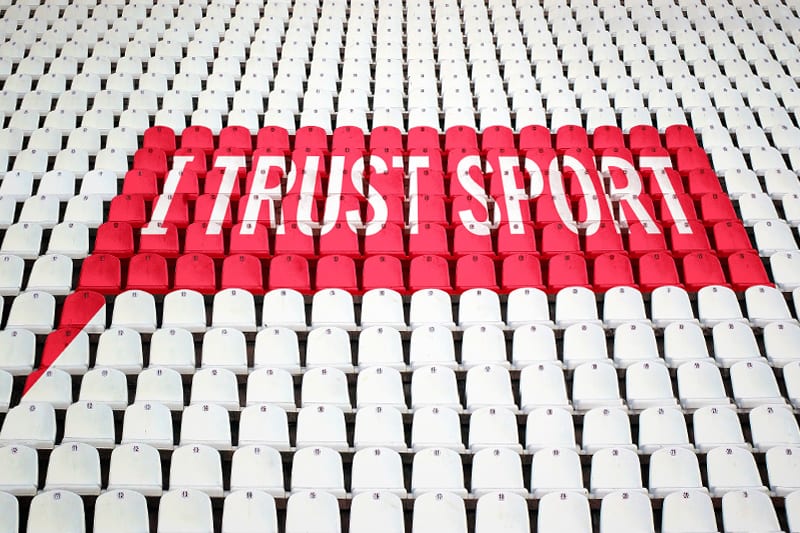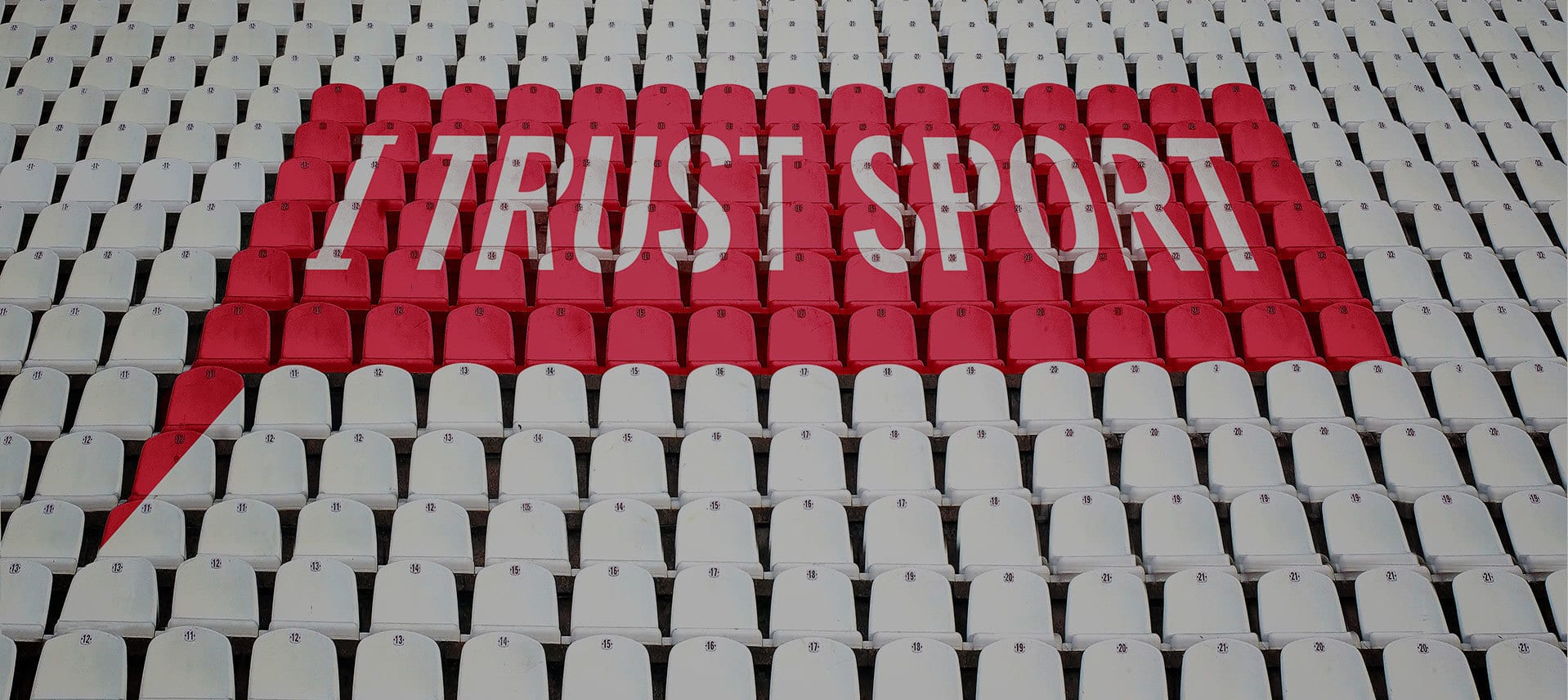The warning signs were there in previous rounds but nobody expected the total humiliation of the Brazilian team against Germany in the semi-final on 8 July. Painful as it was, the comprehensive defeat leaves, as Luiz Felipe Scolari himself admitted, no room for excuses. Consequently, there is now a prime opportunity for much-needed reform in Brazilian football.
While Brazil has produced a never-ending supply of outstanding players and teams, the governance of the game has long given cause for concern. As Juca Kfouri, a leading commentator on the game in Brazil has said, “God gave us the best players, and to even things up, the worst directors”.
In recent years, the reputations of long-serving administrators João Havelange and Ricardo Teixeira have been ruined by corruption scandals. Just before his appointment in 2012, the current President of the Brazilian Football Confederation, José Maria Marin was filmed stealing a medal at a presentation ceremony in São Paulo.
Critics of Brazilian football point to the unwieldy structure with 27 state federations and a confusing calendar. Many have questioned the long-term viability of large new stadiums in cities without top division clubs, such as Manaus and Brasilia.
A protest organisation called Bom Senso FC has sprung up to campaign for better management of the game in Brazil, highlighting the rapidly growing level of debt among football clubs, including unpaid taxes. Not surprisingly, the day after the game Brazilian journalists are also calling for lessons to be learned.
Despite troubled and very expensive preparations, the World Cup itself has run more smoothly than many predicted. Protests have not gone away, and the collapse of a flyover in Belo Horizonte drew attention to the human cost of rushed construction work, but match days have mostly passed off without incident. By all accounts, the Brazilians have been gracious hosts and visitors have revelled in a culture and country which holds great appeal around the world.
However, it has always been clear that the success of the World Cup in Brazil would be judged, at least in part, on the performance of the national team. It is difficult to imagine any account of the event in future years which will not dwell on the host’s stunning semi-final loss.
Fortunately, there are encouraging precedents for sports bodies which have responded positively after a major setback. The disappointing performance of the British Olympic team at Atlanta in 1996 led to a restructure and new funding which produced a dramatic improvement four years later. Last year, the sport of wrestling (FILA) temporarily lost its place on the Olympic Programme. After implementing a series of major reforms, wrestling won back its Olympic status six months later.
No team has an automatic right to win a World Cup – or even to reach a semi-final – but those Brazilian fans who buy the tickets, the shirts, the sponsors’ products and watch on TV in their tens of millions have a right to expect that the money they pay will be spent honestly and efficiently for the benefit of football in Brazil. Last night’s result may help turn that expectation into reality.


